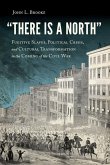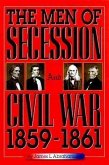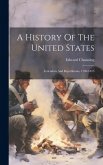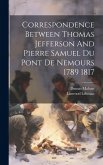In the decades before the Civil War, Americans debating the fate of slavery often invoked the specter of disunion to frighten or discredit their opponents. According to Elizabeth Varon, "disunion" was a startling and provocative keyword in Americans' political vocabulary: it connoted the failure of the founders' singular effort to establish a lasting representative government. For many Americans in both the North and the South, disunion was a nightmare, the image of a cataclysm that would reduce them to misery and fratricidal war. For many others, however, threats, accusations, and intimations of disunion were instruments they could wield to achieve their partisan and sectional goals. In this bracing reinterpretation of the origins of the Civil War, Varon blends political history with intellectual and cultural history to show how Americans, as far back as the earliest days of the republic, agonized and strategized over disunion. She focuses not only on politicians but also on a wide range of reformers, editors, writers, and commentators. Included here are the voices of fugitive slaves, white Southern dissenters, free black activists, abolitionist women, and other outsiders to the halls of power. In a new and expanding nation still learning how to meld disparate and powerful interests, the rhetoric of disunion proved pervasive--and volatile. As the word was marshaled by competing sectional interests in the tumultuous 1840s and 1850s, the politics of compromise grew more remote and an epic collision between the free North and slaveholding South seemed the only way to resolve, once and for all, whether the struggling republic would survive.
Hinweis: Dieser Artikel kann nur an eine deutsche Lieferadresse ausgeliefert werden.
Hinweis: Dieser Artikel kann nur an eine deutsche Lieferadresse ausgeliefert werden.








